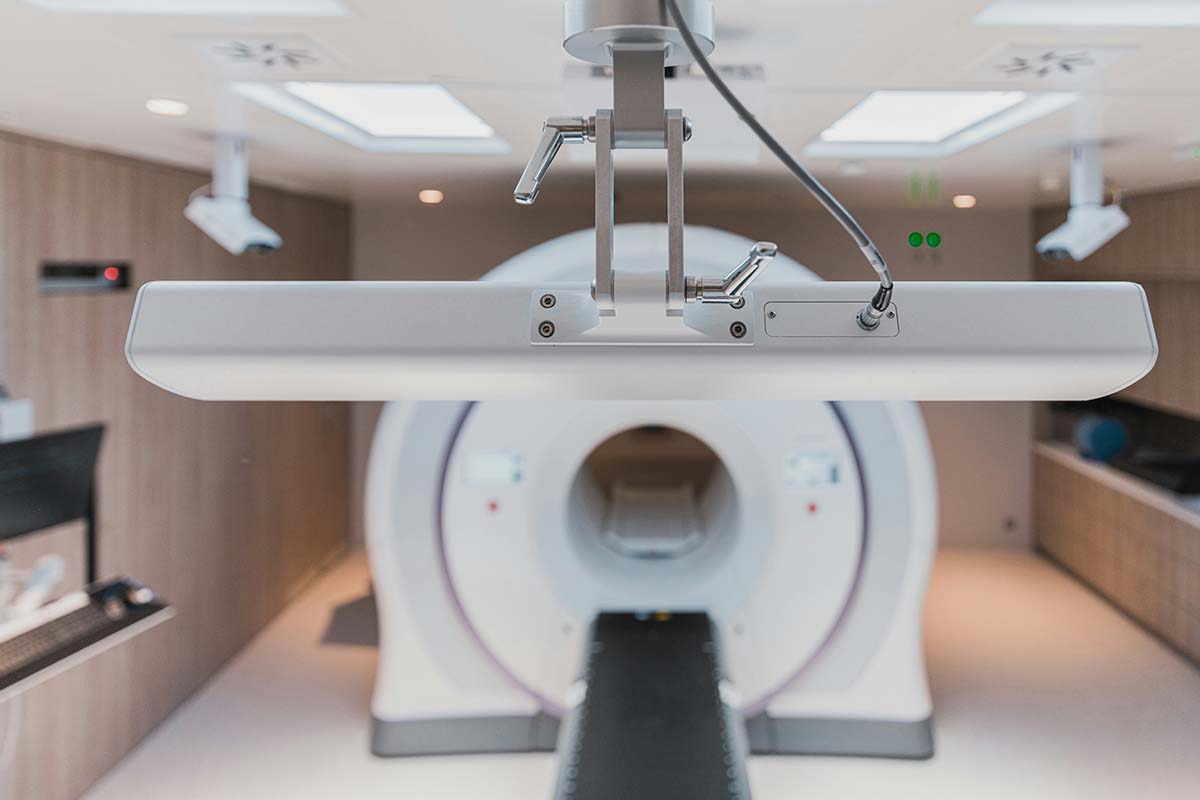The Case for Glucose Monitoring: What You Need to Know About Blood Sugar and Longevity
Blood glucose isn’t just a buzzword in the wellness world, it’s one of the clearest indicators of your metabolic health. In a recent Ask Me Anything hosted by Innovative Vitality, Dr. Rahul Khare (Founder, CEO, and MD) and Dr. Preyasi Kothari (ER physician, longevity medicine specialist, and certified personal trainer) sat down to unpack everything from why blood sugar matters to who should consider trying a continuous glucose monitor (CGM).
Here’s what we learned—and why it matters for you.

Why Blood Sugar Matters (Even if You’re Not Diabetic)
According to Dr. Khare, rising blood glucose is a natural part of aging—but that doesn’t mean it should be ignored. In fact, stable blood sugar levels are directly tied to preventing many of the leading causes of death:
- Heart disease and stroke
- Dementia (often referred to as “Type 3 diabetes”)
- Obesity-related cancers like breast and colon cancer
It’s not about waiting until you’re diagnosed with diabetes—it’s about taking steps now to prevent metabolic dysfunction later. And for women, Dr. Kothari adds, “The first thing that goes as we age is muscle mass. That matters because muscle helps regulate glucose.”
How Blood Sugar Monitoring Ties Into Longevity
Longevity medicine is all about being proactive. “Traditional medicine waits until something is wrong,” Dr. Khare says. “We’re trying to get ahead of that.”
Stable glucose supports longevity by helping you:
- Maintain healthy weight
- Support hormone function
- Improve sleep and energy
- Reduce long-term disease risk
Thanks to tools like CGMs, we can now see how our bodies respond to what we eat, when we move, and how we sleep—in real time.
Who Should Use a CGM?
Spoiler: Not just people with diabetes.
Both Dr. Khare and Dr. Kothari agree that CGMs can be helpful for nearly everyone—at least for a short-term experiment. Wearing one for two weeks can:
- Reveal if you’re insulin resistant (before a diagnosis happens)
- Help you identify what meals work best for your body
- Guide behavior change in a way that sticks
As Dr. Khare put it, “You might not have diabetes—but if your fasting blood sugar is creeping into the 100s, you’re on a path. And knowledge gives you the power to change that.”
How to Get Started With a CGM
Good news: CGMs are now widely available—no prescription needed.
Dexcom and Libre both offer over-the-counter versions (including Stelo), and Innovative Vitality offers a package that includes a CGM, a user-friendly guidebook, and optional coaching. Grab the Stelo and the guide book here and just the Stelo here.
Want to get the most out of the experience? Try this experiment:
- Week 1: Wear your CGM without changing anything. Eat as usual and note how your body responds.
- Week 2: Start using gentle “glucose hacks” from the popular book Glucose Revolution.
- Eat veggies + protein + fat before carbs
- Take a 10-15 minute walk after meals
- Avoid eating 2-4 hours before bed
Dr. Kothari adds that even something as simple as 10 bodyweight squats after dinner can help stabilize your post-meal spike.
What About Women’s Health and Blood Sugar?
There’s growing interest in how glucose shifts across the menstrual cycle and throughout pregnancy.
Dr. Kothari, who had gestational diabetes during both of her pregnancies, recommends movement after meals and avoiding “naked carbs” (carbs without fiber, fat, or protein). She also noted her own blood sugar was higher in the second half of her cycle (something other women may see too).
Final Thoughts on Glucose and Wellness
Whether you’re trying to improve energy, regulate hormones, or simply feel your best, managing blood glucose can be a game changer. The big takeaway? Your data is the most powerful tool you have.
Dr. Khare leaves us with this encouragement: “Just like you’ve experimented with workouts or new recipes, think of glucose monitoring as another experiment—one that can help you live longer, stronger, and with more energy.”
This is a part of a series on Longevity medicine with Innovative Vitality. Read more about what longevity medicine is here, the impacts of your muscular health on longevity here, and more on your hormone health here.











